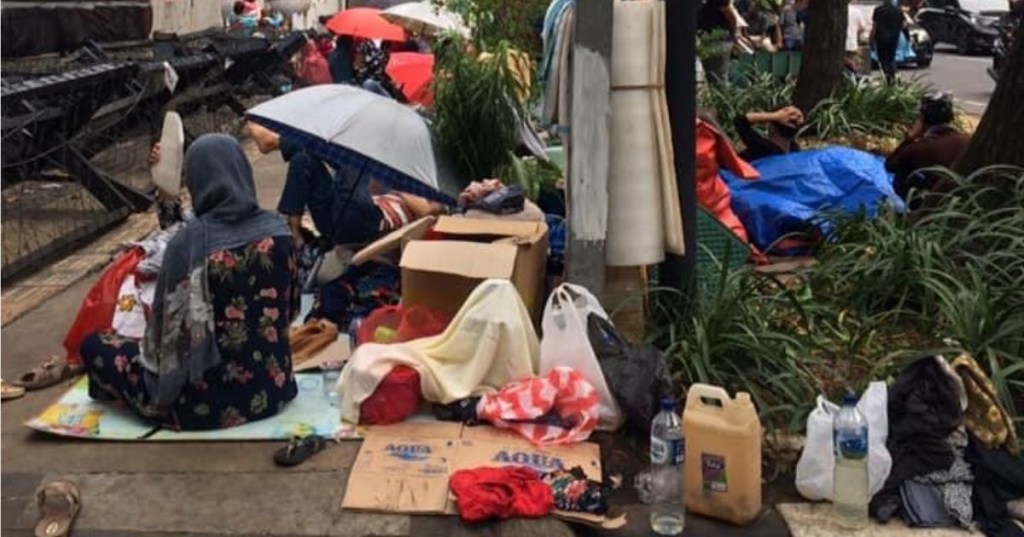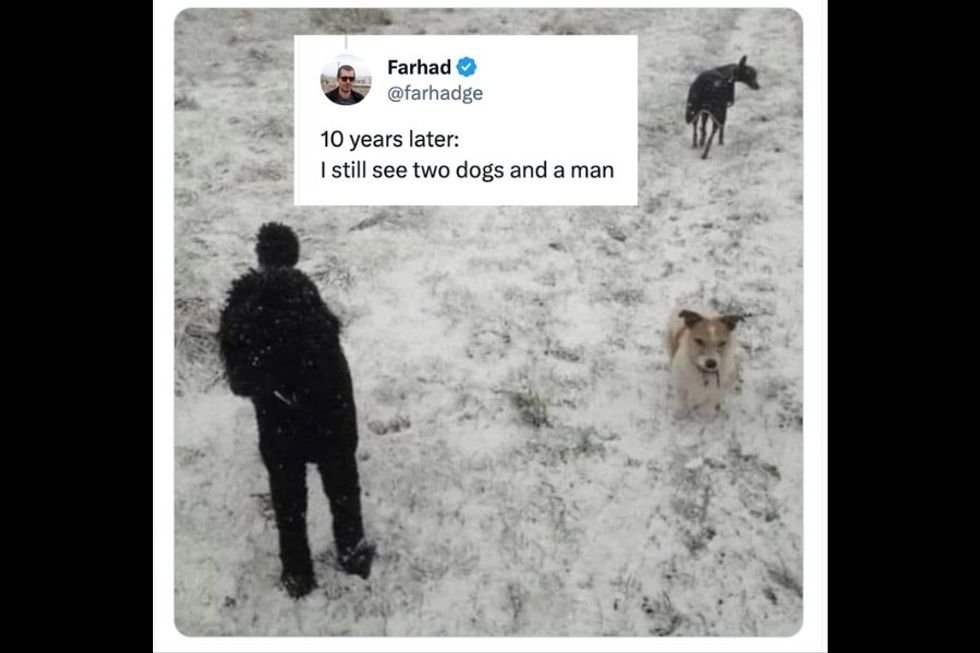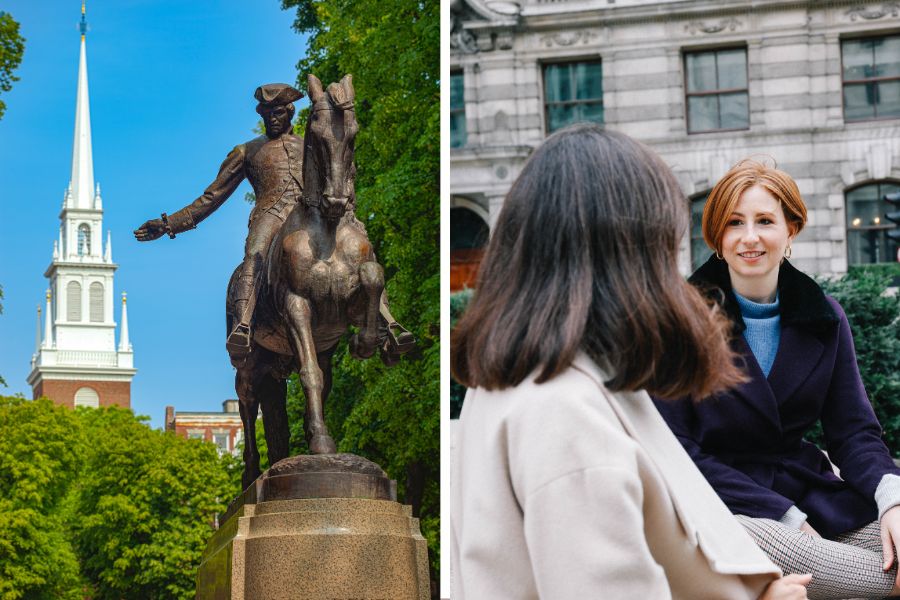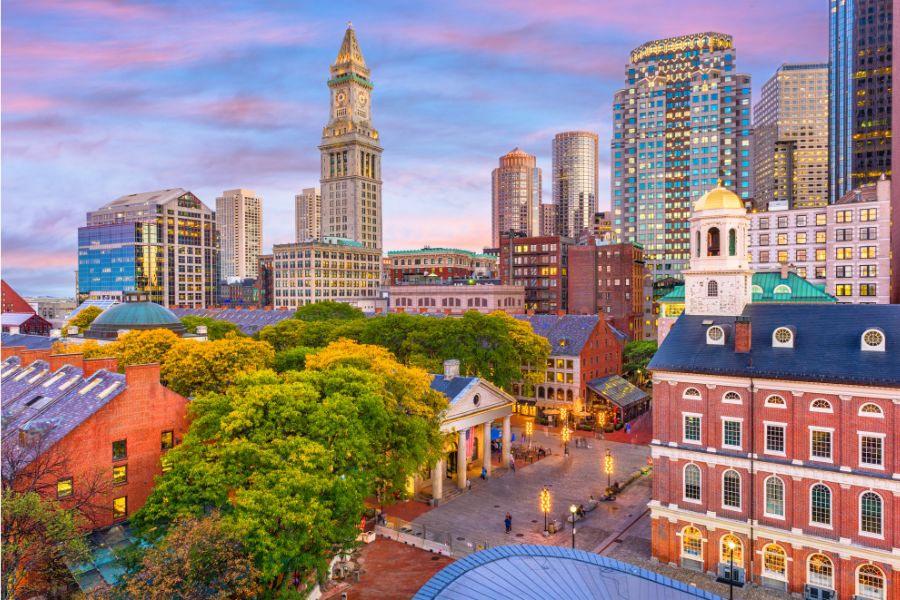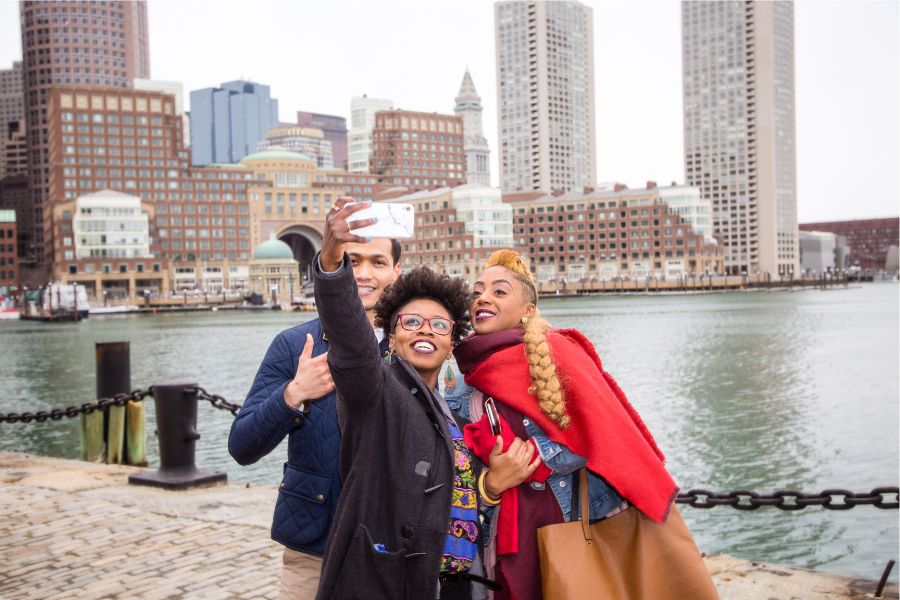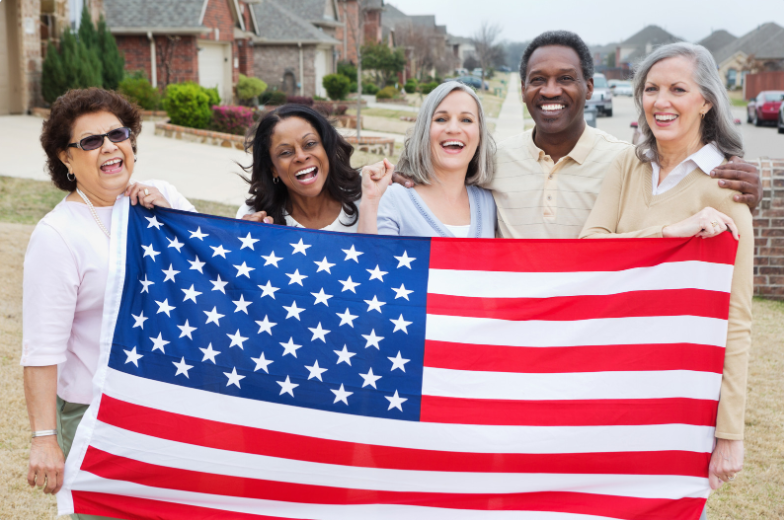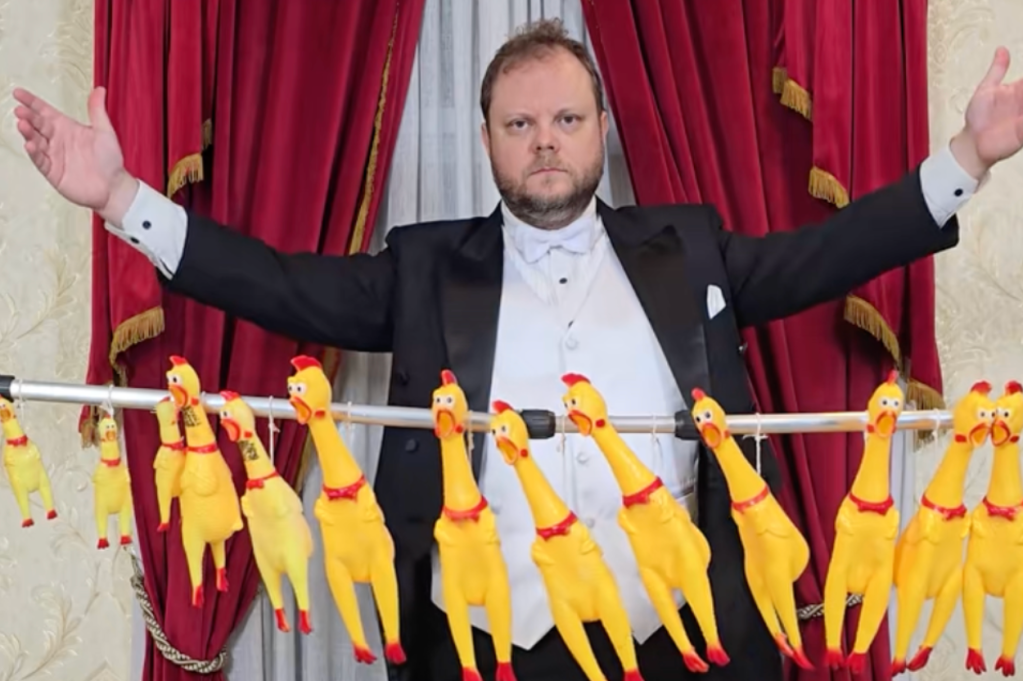Editor’s Note: I met Habibeh last year while reporting on refugees stuck in limbo in Indonesia. She is a brilliant young woman whose hopes of becoming a lawyer were dashed when she was forced to flee a dangerous homeland. Now she’s stuck in a country with no legal protections, no opportunity to work, and little chance of being resettled elsewhere. When I spoke with her, she astounded me with her intelligence and passion for justice, as well as her mastery of English (which she just started learning in 2017). I’ve left her essay unedited because the raw pain and beauty of her words should be read exactly as they were written.
Hello Corona!
It has been a while since we heard you arrived to our planet. To be honest, your arrival was glorious for me. I heard you hit everyone the same way. Whoever opens the door for you. Whoever inadvertently invites you in. You accept everyone’s invitation. You do not look at their wealth and their position. You become a guest in their bodies and their spirits. I heard that you asked everyone to stay at home. You closed every party, gathering, business trip and recreational hangout. You changed the rules.
You are the first disaster that did not follow just the miserable country to country, city to city, town to town, street to street, house to house. Your destination was not just my home country to kill my people. You’re not thinking of race and belief. You did not come to insult us, to humiliate us, to crush our cracked pride and add salt to our wounds. You did not just come to make rules and take away what remains for us: our lives and our hope of union with our beloved ones. You didn’t come to look down at us. We were not your only target. You see us like other human beings. You didn’t just go to my home country to destroy it more than it already is.
That is why I want to have a little chat with you.
I want to tell you the story of my country, the story of people like me.
I am talking about the land where terrorists assaulted maternity hospitals to kill expectant mums, the ones who had just given birth and the newborn babies. They killed the most innocent and defenseless people in the world.
I am talking about the land where children have grown up with apprehension and fear. They played with bullets and cartridges. They have learned arithmetic by counting the number of bullet holes in the walls of the city.
The land where crayons have just two colors: red and black, blood and death.
The land where girls are silent. Even when they are attacked and harassed by caddish people. They remain silent on the basis of culture. Because of course, good and noble women are silent!
It’s the land where women and girls bury their wishes. They knot the design of death on a carpet of dreams a thousand times a day.
I am talking about the land where mothers stand on the crossroad of death, waiting. Stuck between the dilemma of choosing to dedicate their youth to the angel of death in their ancestral land, or send them away in hopes of a better future. And in hopes of seeing them again, they cry out with all their maternal sentiments over the prayer mats lining the way.
The land where the young generation gamble death and life. Either they stay and are shot or they leave to a foreign land seeking a future void of blood and bullets.
I am talking about the land where people have nothing to lose except hope.
I am talking about the land where people forget how to laugh.
I am talking about the land where sorrow, pain and suffering are born.
So Corona, you came to give people the bitter taste of waiting for a few months. Before your arrival we were the only ones. Then you came and, without any prejudice, told everybody to wait.
Believe me, these few months of sitting is nothing compared to our years and years of waiting in hell. Waiting to find a place to stay, a place to call home. Waiting for a moment to see our loved ones again, to calm our exhausted bodies and feverish souls. Our lives are chopped up and the pieces unfairly rearranged by people who know nothing of the concept of misery and displacement. Those who do not know that time doesn’t always heal wounds, sometimes it just makes them worse. A long time stuck waiting kills the soul. A long time stuck waiting defeats hope and breeds defeat.
People give up.

I am talking about people who have lost their mental health and are found in the corners of the psychiatric hospitals. Or homeless, in the ruins of the city. Either way, they have forgotten themselves forever.
I am talking about people who committed suicide.
I am talking about people whose pain in their souls is so much bigger than the hope in their hearts. Those who ended their lives in flames in the hope that the phoenix of justice may have been borne of their ashes.
I am talking about people who have been expelled from their land because of their race and their belief. And now find themselves stuck in limbo, waiting for the grace of others to decide their fate.
I am talking about people who don’t have any control over any aspect of their lives.
I am talking about the miserable who don’t have anywhere to live in this world. No house is their home; no land is their land.
I am talking about people like me. I am talking about refugees.
We are stuck in a corner of the world far from our loved ones. You know, some of us have not seen our dear ones for years. We are human beings with all the human emotions and human needs, but without the human rights. Some of us are alive on people’s charity. And with every bite of food that goes down of our throat, it is as if we shoot a dagger at our souls and injure our pride. Sometimes we want to turn off our feelings but a human is a human and we all have feelings, even if they are weary and painful emotions. Every time we get hurt, we break, but we get up just for the love of seeing our beloved ones once again. We get up hopeful but more stricken than before. I wish we could shake off the sad and hurtful parts of feeling but alas, it doesn’t work that way. We can’t numb our emotions selectively. And we need feeling. We need the strength of love to fight for survival.
No one understands the pain of waiting as much as we do. We silently suffer with it. We have no rights to protest. The smallest protest may cost us or our loved ones. We do not even have a right to speak our mind. We just have to thank and accept everything. When you said stay at our house, we simply said okay, without any question.
We are fighting to survive in the corner of rooms dampened by the smell of death. We go to bed at nights with the terror of the next day. Tablecloths without food make parents wilt in front of their starved kids. Our children learn the unfair game of life in narrow, dark rooms with small windows facing cemeteries of terror. I wish you wouldn’t touch these people. They have had enough. Their destiny was already filled with suffering enough.
So Corona, I am writing to you because you do not grin at our misery. On this earth, we are not judged by our hearts and our talents. We are judged by our misery and our misfortune.
I feel that we are the last creatures in this planet that matter. Some of us are lucky enough to find a country to settle in, eventually. It seems the rest of us are doomed to be forgotten at this period of history. And over time, termites of despair have taken over our entire souls. We become people who are no longer ourselves. When did we sign up for this?
I am thinking that justice has been divided in this world in a very unfair way. I came from a land where justice was exiled thanks to an unwritten terrestrial agreement.
For years, I was impatiently waiting, impatiently hoping, impatiently praying for the defenders of justice. They did not come. Now, I know they were as real as fiction. Justice is a mirage. In our land, human rights shine beautifully in the books, articles, declarations and seminars. Justice is for others, and not for us.
I found if we were seeking help in private, nobody would turn because no one else would see their generosity and give them some credit. If we apply for help in public, many people reach for us like a competition. For them helping people is not about the kindness. It is for their own good. They don’t care about our dignity and our pride. We are the tools and ladders for them to climb higher.
Among all these bitter facts there is one sweet truth. There are anonymous people who don’t claim to be defenders of human rights. They are not looking for any status and fame. These people might be in any position and social status, but they help others sincerely and secretively. They don’t use people’s misery to get themselves in a higher position. They are the real defenders of humanity. Their hearts are full of kindness and love. If we survive in this planet full of inequity, it is because of these earthly angels. They are the guardians of human dignity.
There are not too many of them but without them, the universe will be empty of love. Without them, the earth will be empty of humanity. They are the assets of this earth. They have kept the candle of hope lit in the icy heart of the earth. They are the only hope for the salvation of this planet.
So Corona, please do not step into the house of their bodies and souls. Please leave the earth in the honor of these good people.
Please…
I am looking forward to hearing of your departure from the earth.
Sincerely,
Habibeh
